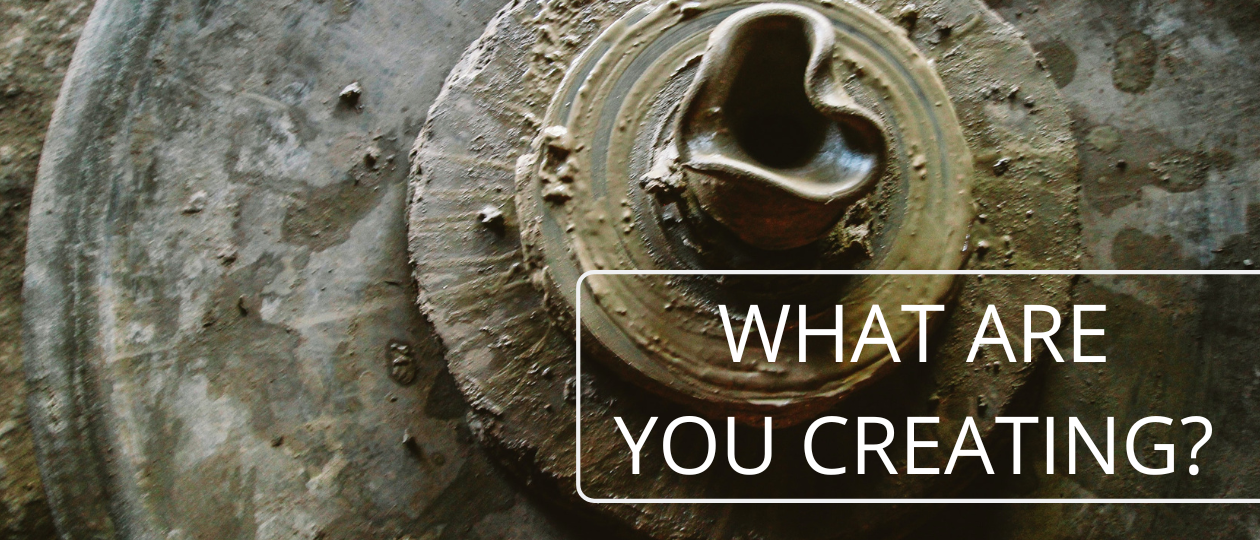What are you creating?
In recent years, there has been a great rise in the philosophy that perception is reality—that the “truth” may be different for each person, and each of us has the ability to create the truth we prefer. I’ve never thought much of these ideas, and anyway, if reality is that subjective then there’s not much sense in calling it “truth” at all. But every worldview has at least a grain of truth. Perception—the image of the world that we create internally—may not be truth, but it certainly does have great power, for good or ill.
We’re going to approach this topic first from the biological perspective. As I’m sure you know, the human brain is split into a left and right hemisphere, joined by a sort of bridge called the corpus callosum. Scientists have actually performed experiments with people who have had this bridge severed. Basically, in one of these experiments, they set a spoon and a bowl of cereal in front of the subject while covering one of their eyes. The nerves connecting the eyes to the brain criss-cross, so the left eye connects to the right brain and vice-versa. Since the signal in these people could no longer cross hemispheres, they could cover one eye to engage only one hemisphere at a time. The results were truly fascinating.
When this person had their right eye covered (engaging left-brain only), they could recall the words for “spoon” and “bowl” and all the rest but didn’t know what to do with them. They literally couldn’t eat! But when their left eye was covered (engaging the right brain), they couldn’t remember the words for those things, but they picked up the spoon and started eating.
My point is this: the right brain, the part of us most concerned with instincts, emotions, and actions, speaks a purely visual language. This is also the part of our brain that houses the imagination—what I call the image-maker. You may have heard me say in the past that we can’t do anything until we have an image of it in our minds… well, this is why.
So here’s where it all ties together: your unconscious mind does not distinguish between the real and the imagined. What does that mean? I’m not talking about hallucinations or anything like that—obviously, you can tell the difference between what’s real and what’s in your head. But your unconscious mind, or what you might call the heart, is affected by these things just the same as by your actual experiences.
The question, then, is what internal experiences you are creating for yourself every day. Regardless of what your external circumstances or memories might be, your beliefs about them make a huge difference. You might remember my story of how my dad snapped and started hitting me after getting a really bad medical diagnosis. Those memories are real. The event really happened, but what shaped my internal experience for many years was the false beliefs I had about it. I used to believe because of what my dad did and said that I would never amount to anything—and even though this wasn’t true, my unconscious mind made it true.
Your image-maker is creating every hour of every day, but it’s on you to create with intention, in love and truth.
Have a blessed, wonderful day!
Dr. Alex Loyd



